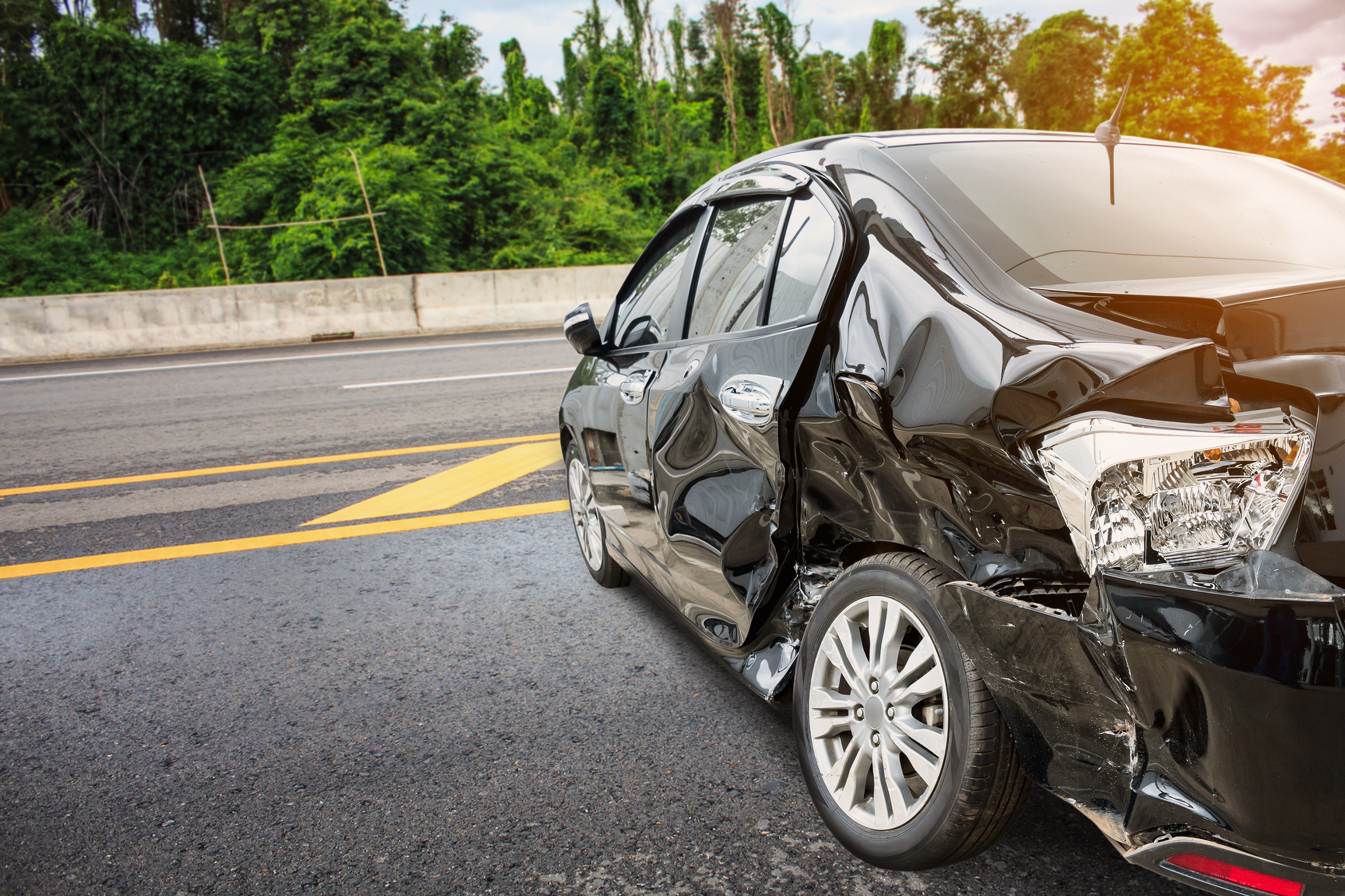The expression "accidents happen" exists for a reason. They can strike the best of us and usually at the worst time.
Figuring out who is at fault in a car accident can be difficult. The stress and trauma of an accident can make recalling details hard. For this reason, you should never admit to an accident being your fault. However, there are several things you can do to help identify who is responsible. The team at Accident.com can help you figure out what to do.
Plenty of things can lead to car accidents. You may not be aware of them all right away, especially in the shocked state that most people are in post-accident. Again, no matter what the cause of the accident is, rule number one is to never admit fault.
Keep reading to learn how to handle a car accident without admitting fault.

Immediate Reactions
Right after a car accident, your first thought is probably something along the lines of "I was in a car accident." Your next thoughts probably focus on how the accident happened and if the others involved are hurt.
Even though it may seem like a simple act of humility and kindness to say "I'm sorry," refrain from the natural urge to apologize, even if the other people involved are angry. These two words can be legally used as an admission of guilt. After all, if you didn't do anything wrong, why apologize? Remember that the law does not require you to admit to anything. Not saying sorry may seem rude, but legal beats polite in this situation.
If you shouldn't say something as simple as "I'm sorry," you definitely shouldn't go into more detail about the accident. Everything that you say can be used in court against you, so staying quiet will only help your case. Additionally, there may be witnesses whose account of the accident can help, and you don't want to contradict their statements.
Maintaining Your Rights
Admitting fault can also invalidate your insurance policy, denying you of claims that can really help with accident costs and injuries. In states that are no-fault states, admitting fault does nothing to help you. In states that need insurance and police reports to assign fault, admitting fault puts you at risk of paying damages from the car accident. Do you know what the insurance laws are for your state? If not, the team at Accident.com can help you determine the best way to approach your situation. Remember, you don't have to go through this alone.
Another thing to avoid mentioning is your physical condition. After a car accident, your body is most likely going to be in fight or flight mode. So, you may not realize that you have been injured right away.
Only after the adrenaline wears off will you fully feel pain. By then it will be too late to get your injuries added to the official accident report. Saying that you aren't injured really hurts your chances of receiving compensation later. Take the time to check over your personal condition and speak up if something doesn't feel right.
What To Do Instead
You have to cooperate with the police at the accident scene. However, this doesn't mean admitting fault. State the facts without adding any extra information that you aren't completely sure about. That means conjecture, assumptions and guesswork should be left out of your conversation with the officer. Police are trained to look for clues and details to piece together the events that led to an accident. Just be honest about what you can recall.
Accidents Happen, But How?
There are a lot of reasons that someone may be at fault in a car accident, such as if they were:
- Reckless or breaking traffic laws.
- Distracted by phones or touchscreens.
- Following too closely and rear-ended a car.
- Blowing through stop signs and stoplights.
- Driving while under the influence of drugs or alcohol (which injures and kills thousands of innocent people each year).
Police often break accidents down into primary and contributing factors. Primary factors are the main reason why an accident happened. Contributing factors are circumstances that if not present may have stopped the accident from happening. However, remember that contributing factors do not relieve the other driver of responsibility.
For example, say you were hit by someone who ran through a red light. The primary cause was that the other driver did not stop for the light, resulting in the accident. Contributing factors could be:
- The other driver was distracted by their phone.
- The other driver was trying to beat the yellow light.
- The pavement was slippery from rain or ice.
- The sun was in the other driver's eyes.
After a car accident, you're likely in a stressed state. Considering all of the possible causes of the accident is difficult to do when you're feeling stressed. Nervous, confused, upset and injured is no condition for you to become an accident investigator. Police and your insurance are responsible for determining fault, so let them handle the task.
Admitting fault in a car accident can hurt your rights as an accident victim. The legal team at Accident.com can help you find a lawyer who can assist you in navigating all the hurdles after an accident. Remember though, there are time limitations to filing claims, so be sure to contact Accident.com right away.
.png)





